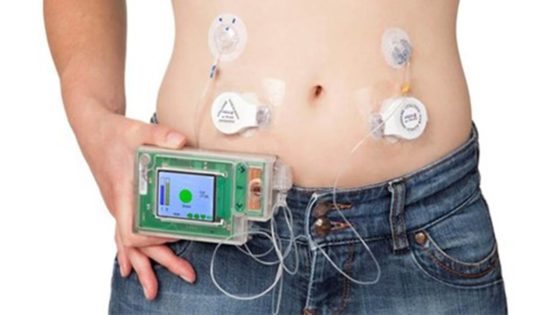€10bn for major test of artificial pancreas developed by Dutch inventor


An artificial pancreas which regulates insulin provision in people with type one diabetes will soon undergo tests involving 240 patients at 12 Dutch hospitals, thanks to government funding.
The device, developed by inventor Robin Koops, himself a diabetes patient, consists of a glucose meter which measures the amount of insulin on a permanent basis and a small pump. If the amount of insulin is too high the pump will administer insulin. If it is too low glucagon is administered. Both hormones regulate blood sugar values which tend to fluctuate in patients with type one diabetes.
The government advisory group Zorginstituut Nederland and care innovation organisation ZonMw have together put up a €10m grant to run the test which comes in the wake of a smaller scale experiment using the device.
Some of the 30 people who already put the artificial pancreas to the test were reluctant to return the device because they had never felt so well, a spokesman for Utrecht teaching hospital told broadcaster NOS.
If the device proves equally successful the second time around, many will be able to manage their insulin levels more efficiently, researchers hope. Some 100,000 people in the Netherlands suffer from the immune disease.
Koops, who spent 15 years working on his invention, managed to bring down the size of the device from a small fridge to a box no bigger than two smart phones piled on top of each other.
Thank you for donating to DutchNews.nl.
We could not provide the Dutch News service, and keep it free of charge, without the generous support of our readers. Your donations allow us to report on issues you tell us matter, and provide you with a summary of the most important Dutch news each day.
Make a donation